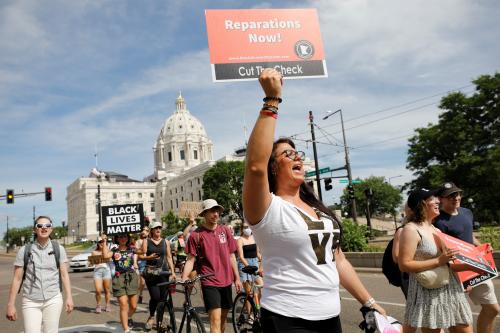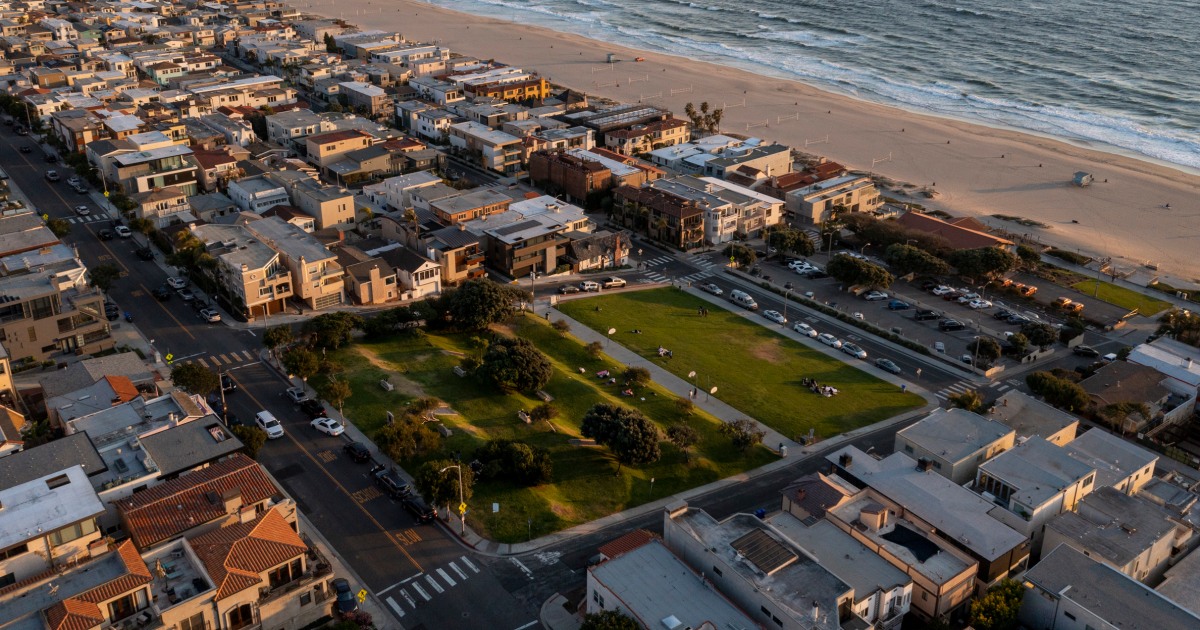What he means is that when racists wouldn’t rent or give jobs to blacks, Jews were appalled by the bigotry and rented and hired blacks, the same as they did whites.Actually, what the Jews did was exploited people in places like NY
How did they do that?
Or maybe he means the Jewish students from NY who were murdered while marching for Civil Rights for blacks
Who knows what Joe IB an Antisemite means?






